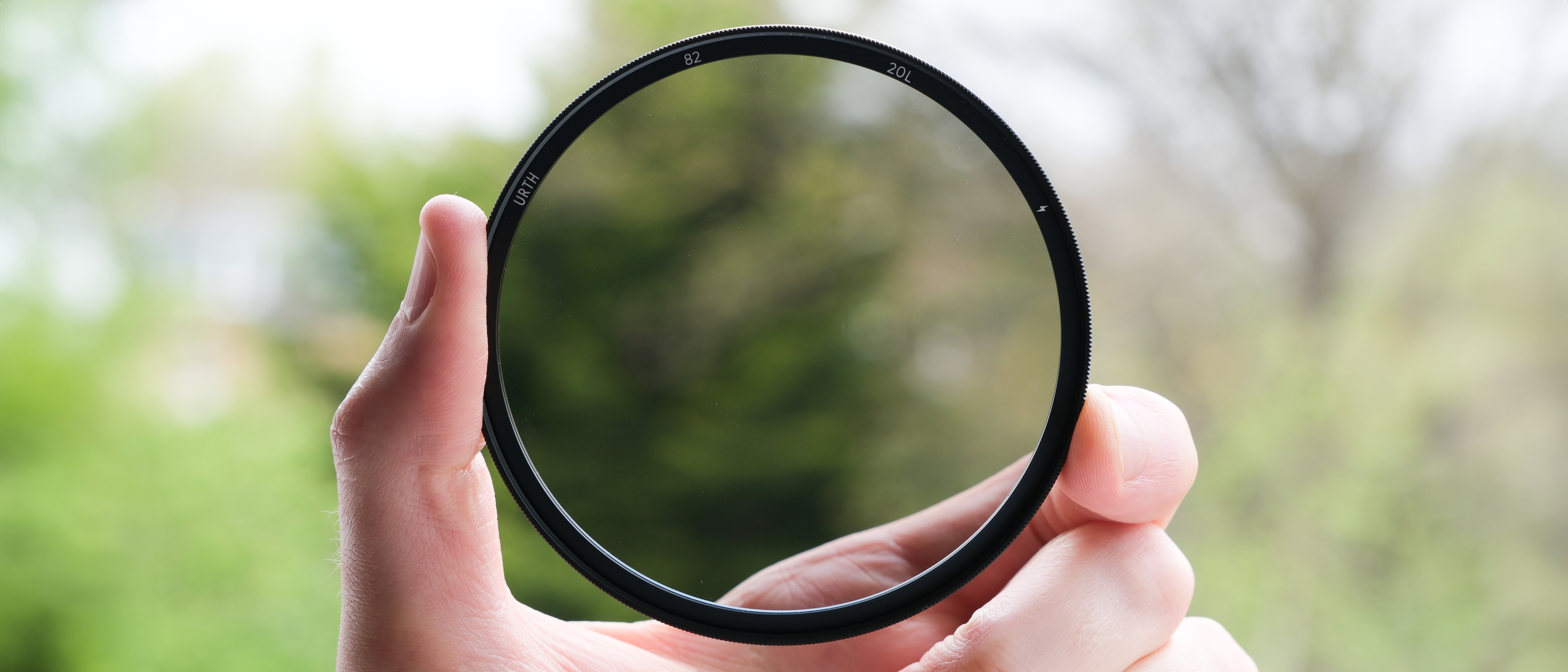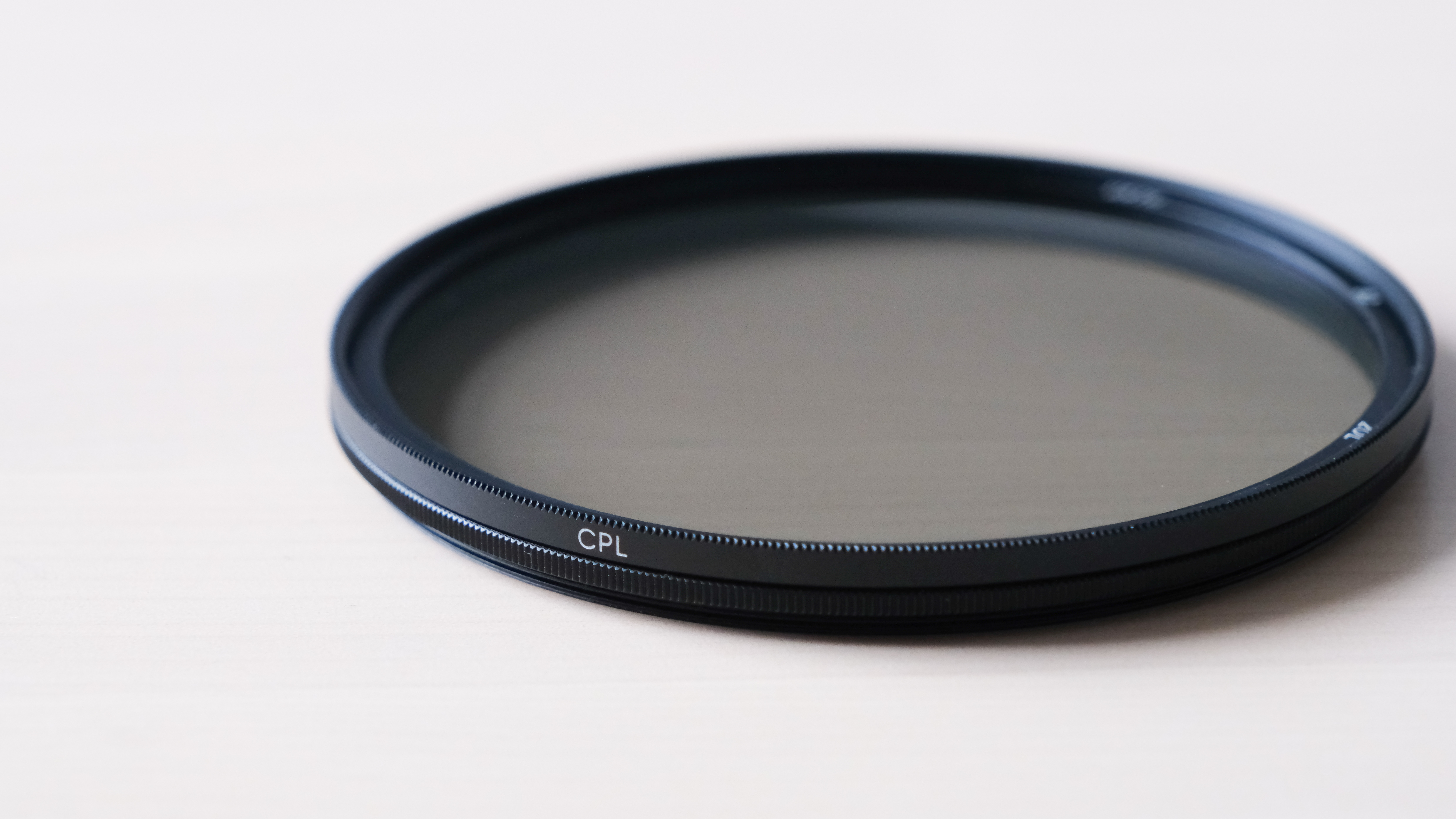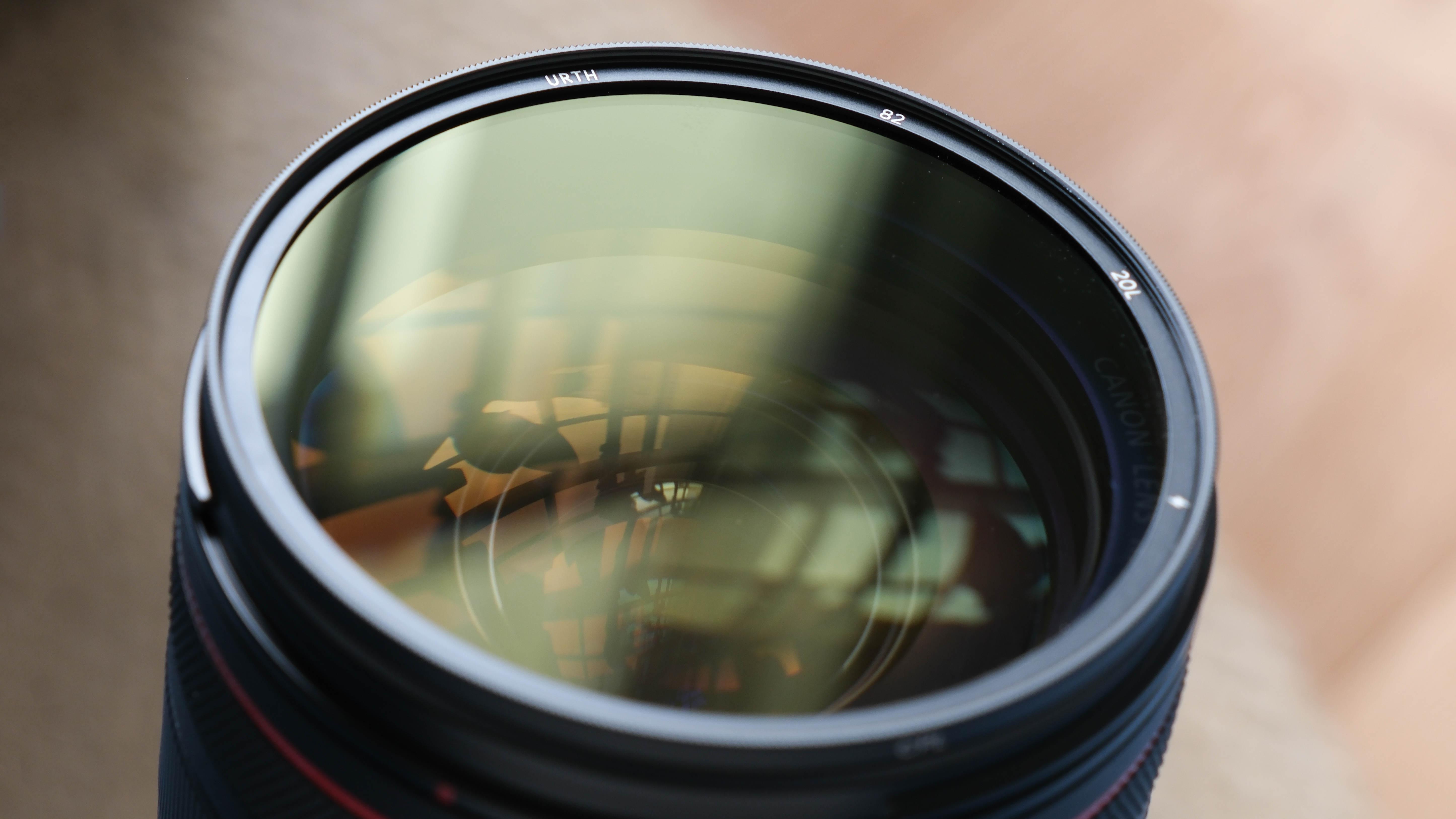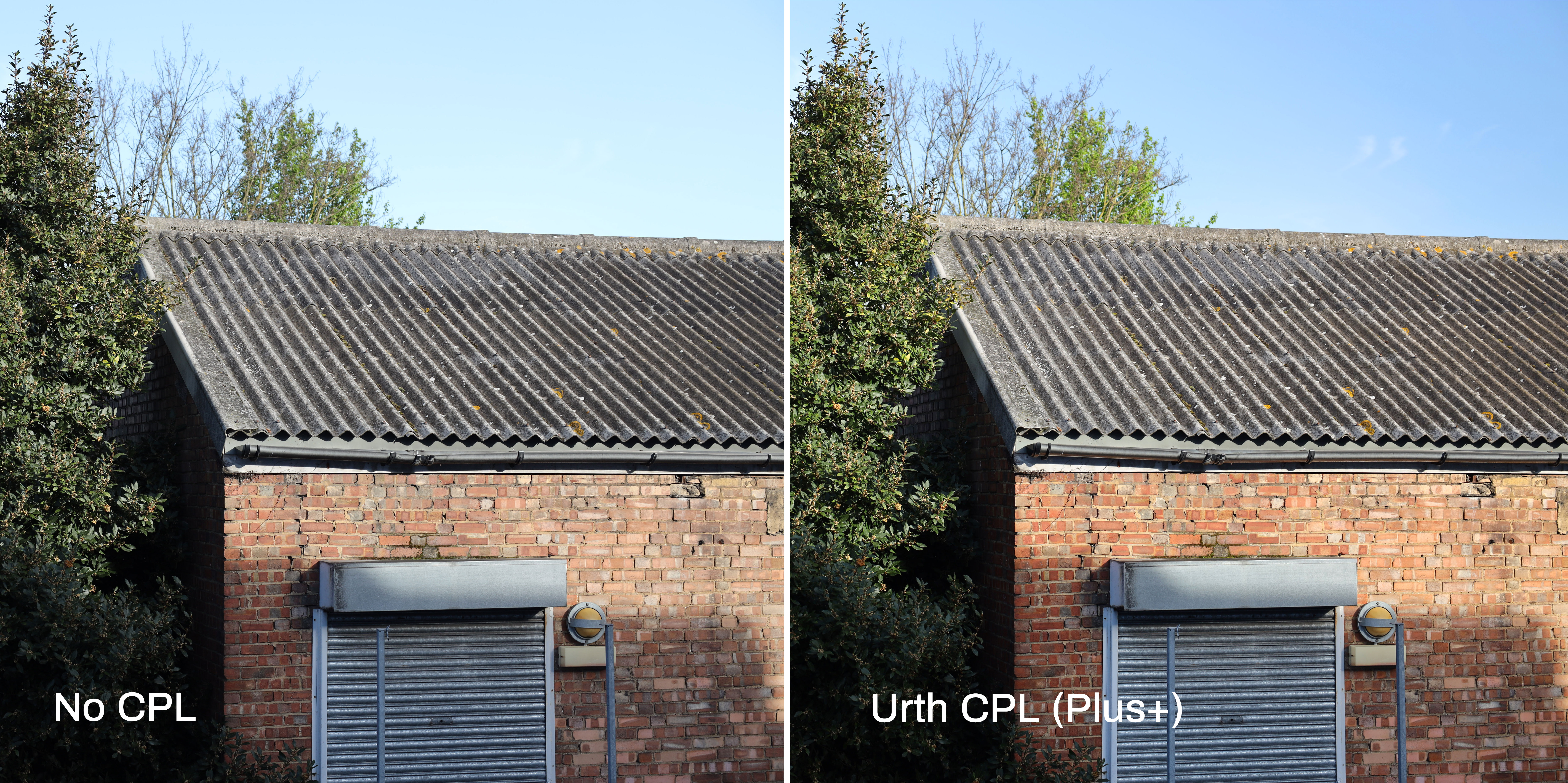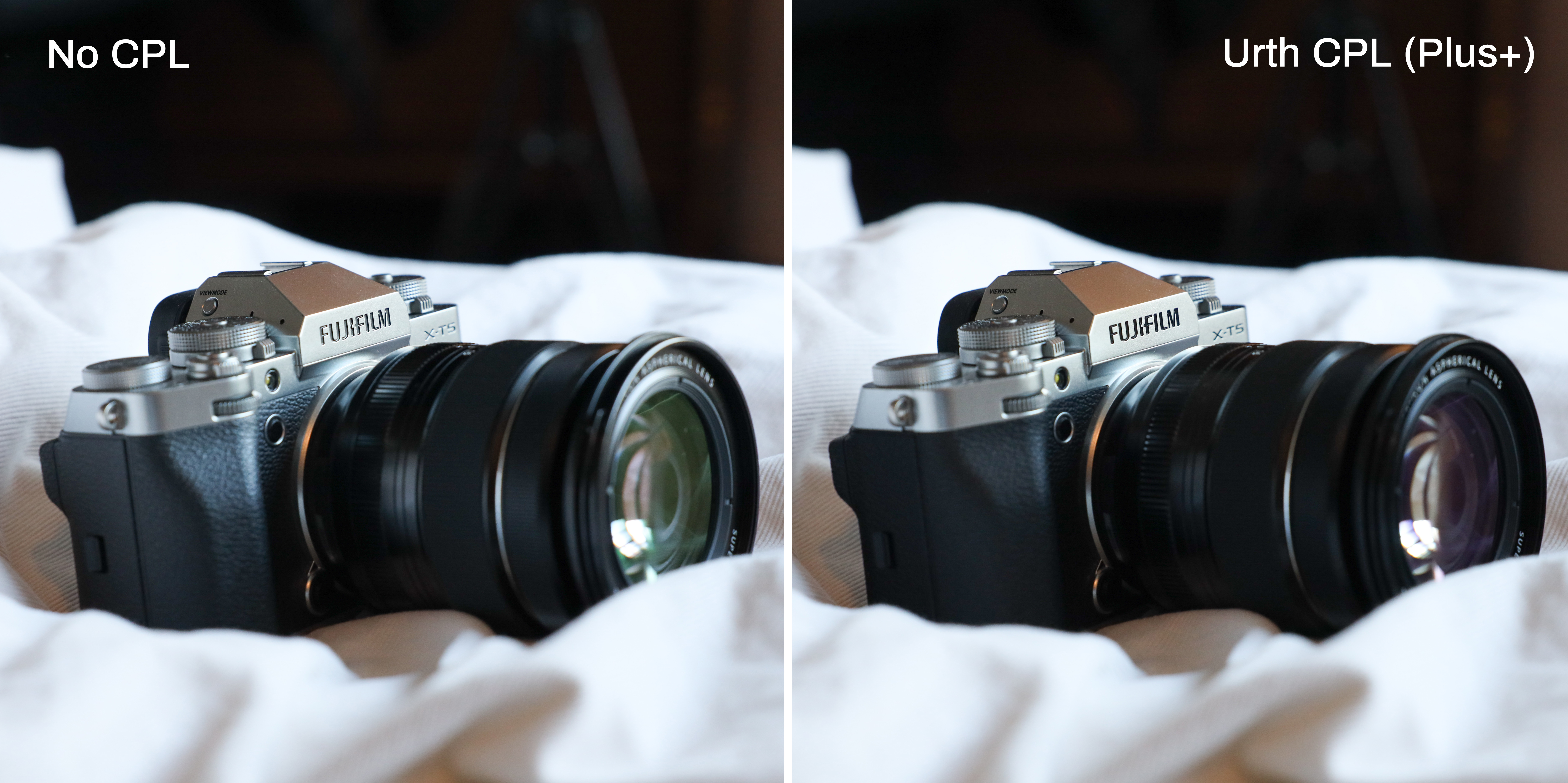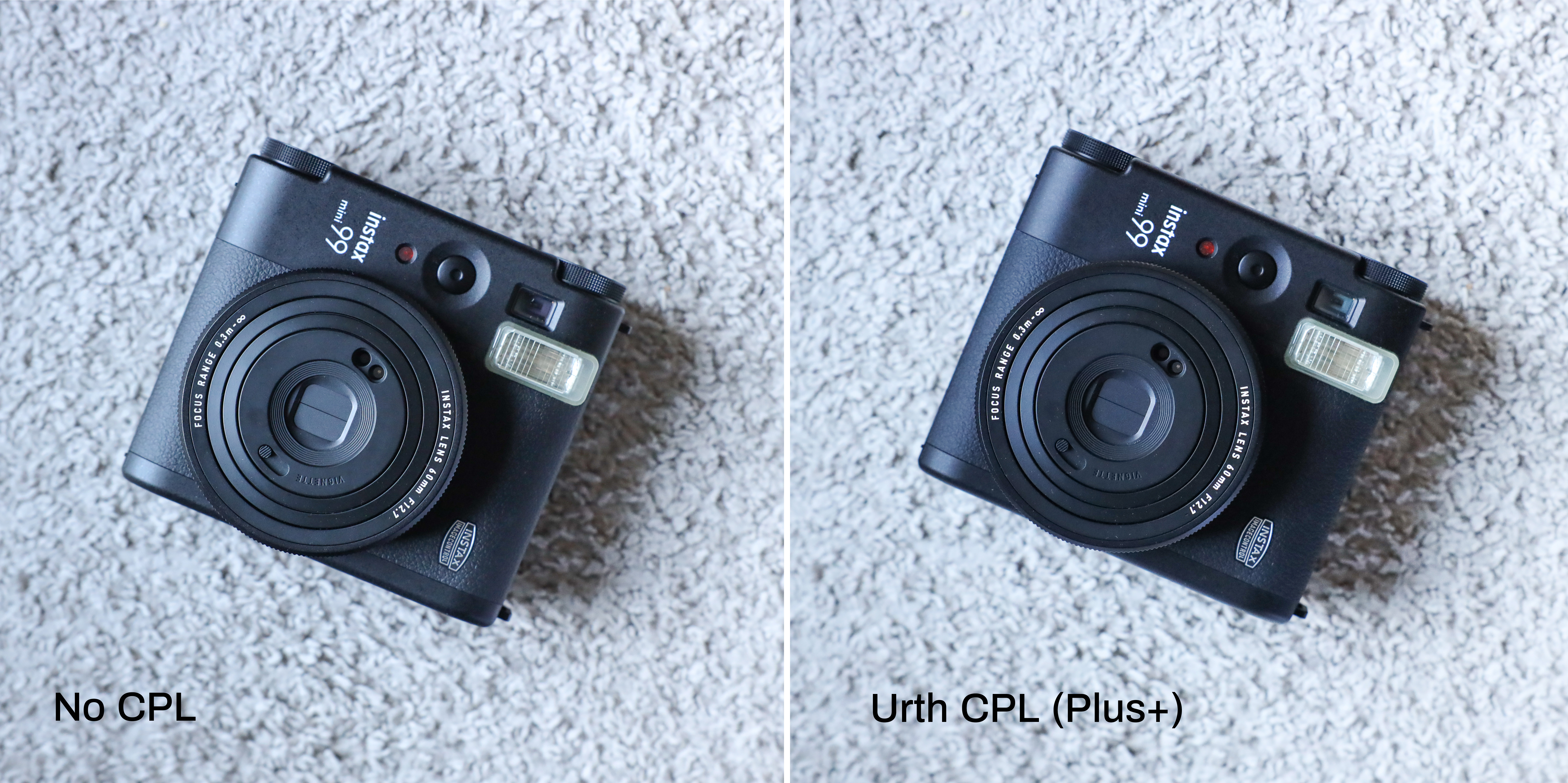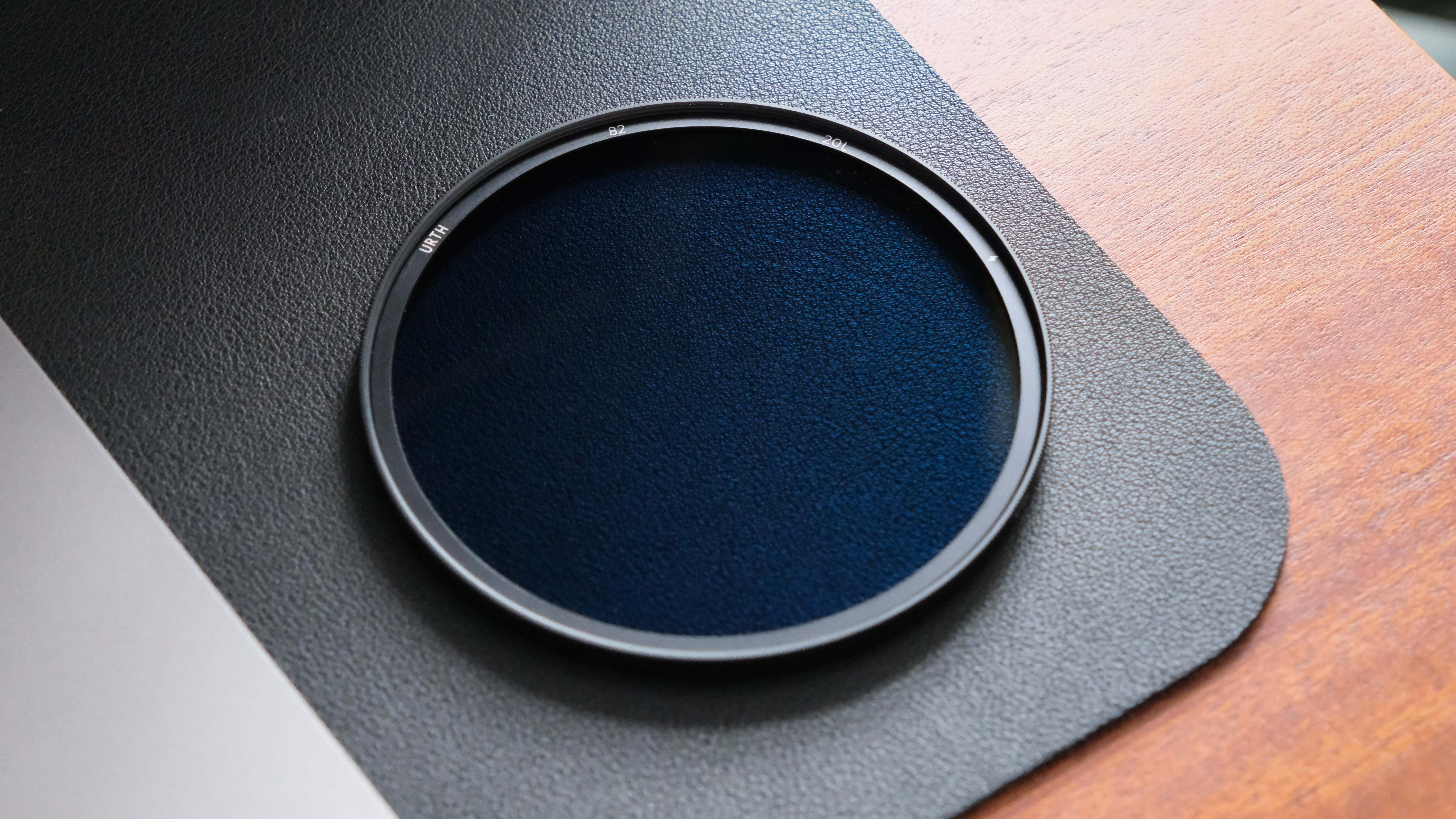Digital Camera World Verdict
Optically the Urth 82mm Magnetic CPL Lens Filter (Plus+) is superb at performing a clearly visible polarisation effect, whilst maintaining the maximum image quality of the lens it is attached to. However, I am torn on the magnetic connection – very useful for whipping the filer on and off, if that is something you do a lot, but twisting the filter is more imprecise compared to the screw-in version, and produces an unpleasant scraping noise.
Pros
- +
Strong polarizing powers
- +
No effect on lens clarity
- +
Magnetic filters quick to change
- +
Slick minimal design
Cons
- -
Magnetic connection is secure, but not impervious to falling off
- -
Scraping sound when turning the filter
Why you can trust Digital Camera World
You might be more familiar with polarized lenses from shopping for sunglasses, but circular polarising lens filters (or CPL filters) for camera lenses are one of the most useful accessories in any photographer's kit bag. No matter what you shoot, you might well find a polariser has a benefit to your image in one way or another.
The most common uses for CPL filters are deepening contrast and saturation in blue skies without overly affecting the foreground, and cutting reflections from glass, water, and surfaces to increase their depth and contrast. The circular nature of the polarizers means that the strength of their polarizing effects can be fine-tuned to each particular image.
Numerous polarizing filters have existed for the better part of the last century, so while the technology isn’t breaking new ground optically, there are still some developments to be had. One of these is the move to more magnetic lens filters, which have the benefit of making filters easy to change in and out in a flash but are less secure than the screw-in variety.
Urth has recreated its popular Circular Polarizing (CPL) Lens Filter (Plus+) in a new magnetic variety, but how does it stack up to the countless other CPL filters out there? Let's find out.
Urth CPL Filter (Plus+): Specifications
| Filter Type | Circular Polarizer |
| Available sizes | 37mm, 39mm, 40.5mm, 43mm, 46mm, 49mm, 52mm, 55mm, 58mm, 62mm, 67mm, 72mm, 77mm, 82mm, 86mm, 95mm, 105mm, 112mm, 127mm |
| Coatings | Nano Coating 20-Layers |
| Glass | German SCHOTT B270 |
| Density | 0.4 (-1.3 f-stops) |
| Effect | Cuts reflections. Boosts Contrast |
| Thickness | 8mm with magnetic holder |
Urth CPL Filter (Plus+): Price
The Urth Magnetic CPL (Plus+) is about in the middle of the pack for cost. The magnetic version is more expensive than the standard screw-in version, so if the magnetism doesn’t really appeal to you, you can save some cash there.
Urth’s Plus+ filters have a lot of quality though that does make me think they are worth the increased price tag. The German-made SCHOTT glass is among some of the best available for clarity, and it is nano-coated to make it easier to clean off grease and grime. The filter also comes with a little metal tin, or metal lens caps depending on it you buy it on its own or in a set. It is a quality little touch and puts to shame the brands that don’t offer any sort of protection for your filters when not in use.
Urth CPL Filter (Plus+): Design & Handling
I have the Urth CPL filter as part of a set of magnetic filters, and I recently reviewed the first in the set, the Urth Magnetic UV (Plus+), which fair to say I was left very jaded with the whole experience of magnetic filters after its dismal display of magnetism. Luckily though, the Urth CPL filter is doing a much better job of winning me back to the idea of magnetized filters.
The best camera deals, reviews, product advice, and unmissable photography news, direct to your inbox!
Unlike the UV filter, the CPL filter seems to be properly machined to the magnetic holder, with very little wiggle room once attached, and the filter doesn’t noticeably (very audibly) rattle when the camera bounces around, like with the UV filter. The magnetic connection also is strong, and the filter can be flicked and bumped fairly hard without being sent flying, although, unlike a screw-in filter, it is not impervious to flying off. The CPL filter is everything in magnetic design that I wish the UV filter was.
Changing the filter is incredibly easy, as is stacking filters. In my set, I also have an ND8 filter, which is a perfect complement to the CPL, it is so easy to drop these on top of each other without having to fiddle around with screw threads, and then just takes a second to whip it off again when I am done. This is where the magnetic filter really shows its own.
There is one downside to this magnetic setup, and that is with twisting the filter. Which firstly, is just not as smooth and accurate as a screw-in rotating CPL filter, especially those that come with little pegs for turning, and when it comes to top professional work, it can really come down to very precise rotations. The filter also creates a grating noise when you turn it as the thread of the filter scrapes along the inside of the magnetic holder, which isn’t awful, but it's an annoyance you don’t face with screw-in versions.
Urth CPL Filter (Plus+): Performance
What is undeniable is that the Urth CPL filter is very good at its main purpose, which is polarizing images. This isn’t the strongest polarizing filter I have ever used, but it produces a very natural effect on contrast that is really very pleasing and doesn’t give an overly filtered effect that can look tacky. And the beauty of CPL filters is you can rotate the filter to get the exact levels required to taste.
In my tests outdoors, the Urth CPL worked well for pulling down the contrast of blue skies, increasing the overall saturation in the sky but also across the frame adding a warm and richer hue to the surrounding green trees. I also took a few shots of the windows in the building opposite, which with a quick twist of the CPL bashished the reflections.
Inside, I took a few product shots of the Instax Mini 99, which is another product in my review inbox. As someone who photographs a lot of dark products for reviews, a CPL filter practically lives on my lens. It is always a challenge to photograph black products in different lights and balance the contrast with the surroundings, but the Urth CPL did a great job of letting me get deep blacks in the camera while still exposing the overall photo correctly.
Urth CPL Filter (Plus+): Verdict
When assessing the Urth 82mm Magnetic CPL Lens Filter (Plus+), I have nothing but praise for its polarization. It achieves a distinct but also effortless polarization effect, that doesn't look overdone but enhances image clarity while upholding the quality of the lens that it is attached to.
Yet, I am in a bit of a quandary regarding its magnetic attachment mechanism. While undeniably convenient for swift installation and removal, particularly for those who frequently switch filters, or love to stack multiple magnetic filters on top of one another, it is perfect. However, the filter rotation lacks the smoothness and precision of the traditional screw-in method, especially from brands that include additional pegs for rotation. Also, the magnetic connection produces an unsettling scraping noise, which has no effect on quality, but it does detract from the overall user experience.

Gareth is a photographer based in London, working as a freelance photographer and videographer for the past several years, having the privilege to shoot for some household names. With work focusing on fashion, portrait and lifestyle content creation, he has developed a range of skills covering everything from editorial shoots to social media videos. Outside of work, he has a personal passion for travel and nature photography, with a devotion to sustainability and environmental causes.
